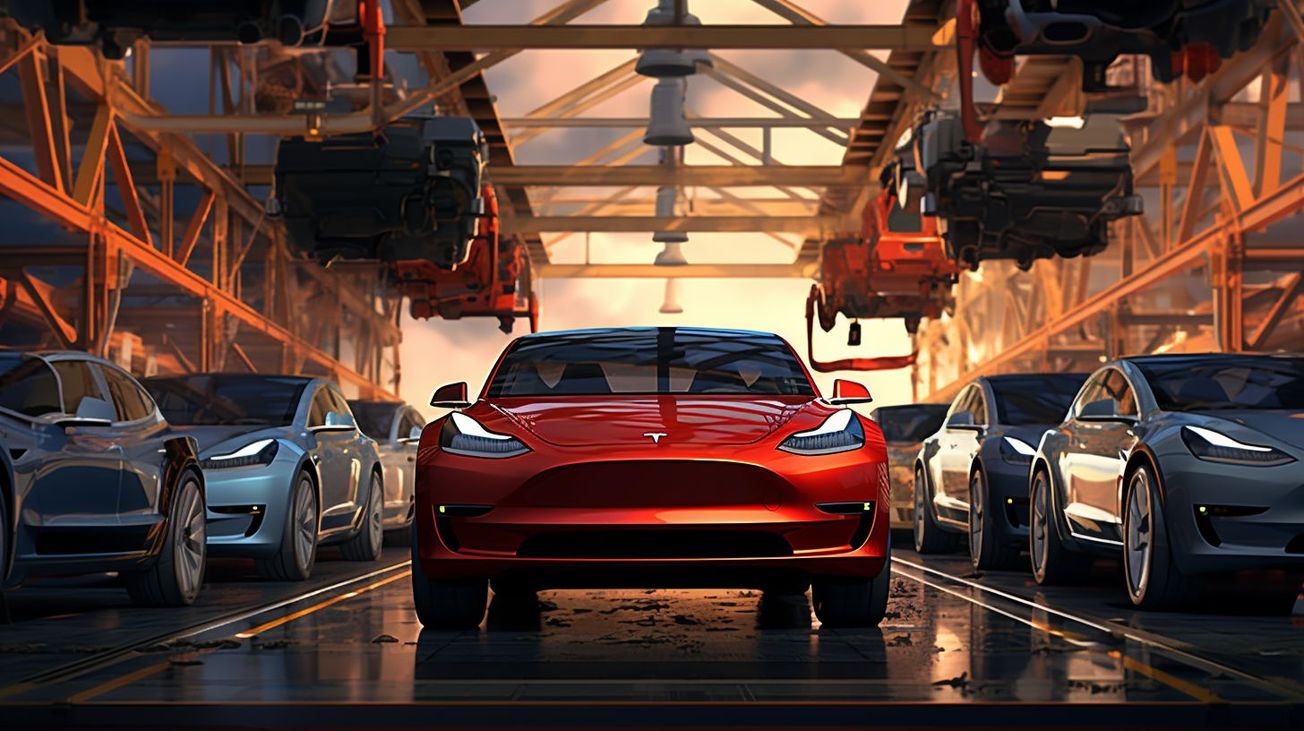Despite the increasing number of electric vehicles (EVs) entering the market, a recent Reuters analysis of US EV sales data for the first half of 2023 reveals that only Tesla's Model Y and Model 3 are selling at high enough volumes to justify a full-scale assembly plant. While there are 103 different models on the market, the majority of them do not have significant sales numbers to support large-scale production.
According to the Alliance Quarterly Report on the EV market, Tesla still maintains a dominant position in the industry, commanding nearly two-thirds of all EV sales in the United States. However, as more competitors enter the market, Tesla has seen its market share decline slightly.
Cox Automotive predicts that EV sales will continue to rise, estimating that they will account for 8% of total US vehicle sales in the third quarter of this year, up from 6.5% in the same period last year. This growth is fueled by an increasing interest in green vehicles and government incentives that make EVs more appealing to consumers.
In China, the world's largest EV market, Tesla's sales volume for China-made EVs dropped by 10.9% in September compared to the previous year, according to data from the China Passenger Car Association (CPCA). Sales of the China-made Model 3 and Model Y also experienced a 12% decline from the previous month.
Chinese automaker BYD, on the other hand, saw a significant increase in passenger vehicle deliveries, with a growth rate of 42.8% in September compared to the same month last year. The company's Dynasty and Ocean series of EVs, as well as its petrol-electric hybrid models, have driven this growth.
Tesla's dominance as the largest exporter of China-made EVs may face challenges due to a probe launched by the European Commission into subsidies for battery-powered cars from China. Renault and other Chinese automakers are also under investigation. However, Tesla delivered a record-breaking 247,217 China-made vehicles in the second quarter of this year.
Despite these setbacks, both Tesla and its competitors in China are optimistic about a potential revival in consumer sentiment. Deeper discounts and tax breaks for green vehicles, along with signs of economic stabilization, may support increased demand for EVs in the near future.
While there are numerous EV models on the market, only Tesla's Model Y and Model 3 have achieved high sales volumes to justify large-scale production. Tesla continues to dominate the US EV market, but faces challenges in China, where its sales volume has declined. Competition from Chinese automakers like BYD is growing, though Tesla remains the largest exporter of China-made EVs. The future of the EV industry looks promising, as government incentives and increasing consumer interest drive the growth of the market.
Tesla faces probe into subsidies for China-made EVs
Despite the increasing number of electric vehicles (EVs) entering the market, a recent Reuters analysis of US EV sales data for the first half of 2023 reveals that only Tesla's Model Y and Model 3 are selling at high enough volumes to justify a full-scale assembly plant.









